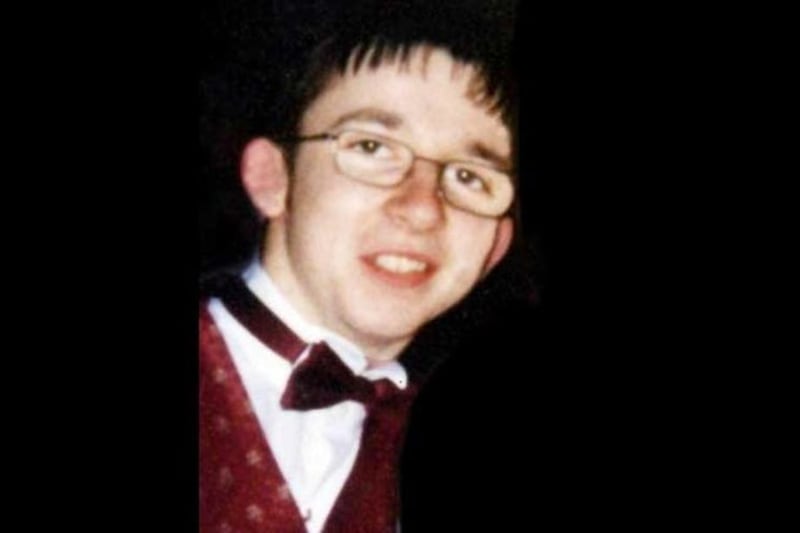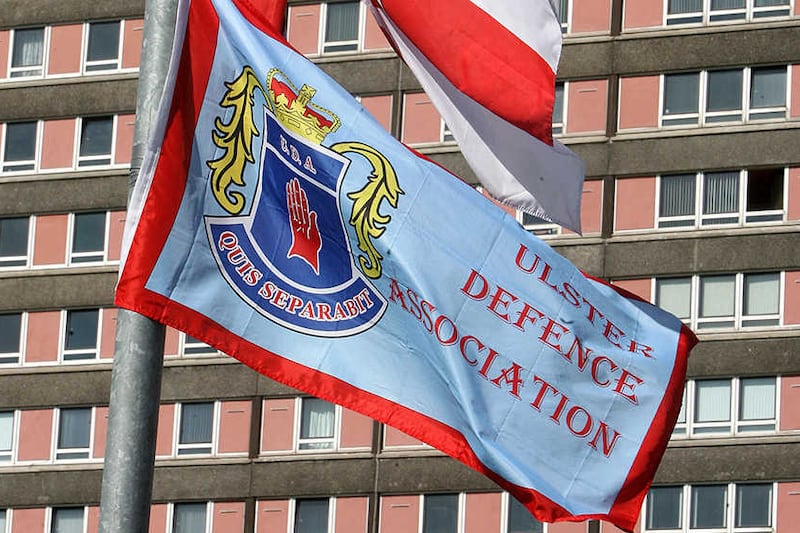There can only be considerable concern over the confirmation that a Special Branch officer has been referred for possible prosecution over allegations of conspiracy to murder and perverting the course of justice.
As we have reported on Saturday and today, a file on the case has been with the Public Prosecution Service for the last six months with no sign to date of an outcome.
Further details about the investigation by the Police Ombudsman need to be provided as a matter of urgency, and at the very least we should be told whether the officer has retired or is still serving with the PSNI.
Because the case, which involves an additional allegation of misconduct in a public office, may well relate to the PSNI, rather than the RUC, it is also important that further key information about it is released.
All we know so far is that, 13 years ago, the suspect, a detective constable, was the Special Branch liaison officer assigned to the police unit investigating the appalling sectarian murder of Daniel McColgan in the Rathcoole area of north Belfast.
Mr McColgan (20), a Catholic father of one, was shot dead by UDA gunmen when he arrived for work at a Post Office sorting depot in January, 2002, two months after the PSNI was launched to replace the RUC .
There have been a series of disturbing revelations during Mr McColgan’s delayed inquest, including that casings from the bullets which killed him were lost during the forensic process and that a loyalist was found dead in mysterious circumstances at the foot of the Cavehill hours after offering detectives information about the murder.
The inquest was told that the Police Ombudsman’s probe into the officer's conduct was unconnected to Mr McColgan's death , but there will inevitably be suspicions of a link to other sectarian murders carried out by loyalist groups during the same period.
These developments again illustrates how we need an agreed process to deal with the dreadful events of the past which were perpetrated by republicans, loyalists and, on occasions, the forces of the state.
A particular spotlight was placed on the record of the RUC and there can be no doubt that the PSNI, which has established a strong reputation as a modern, effective and accountable service, has transformed attitudes towards policing.
If there are indications that a PSNI officer has been implicated in any form of unacceptable activities, it is essential that the basic evidence is placed in the public domain.







